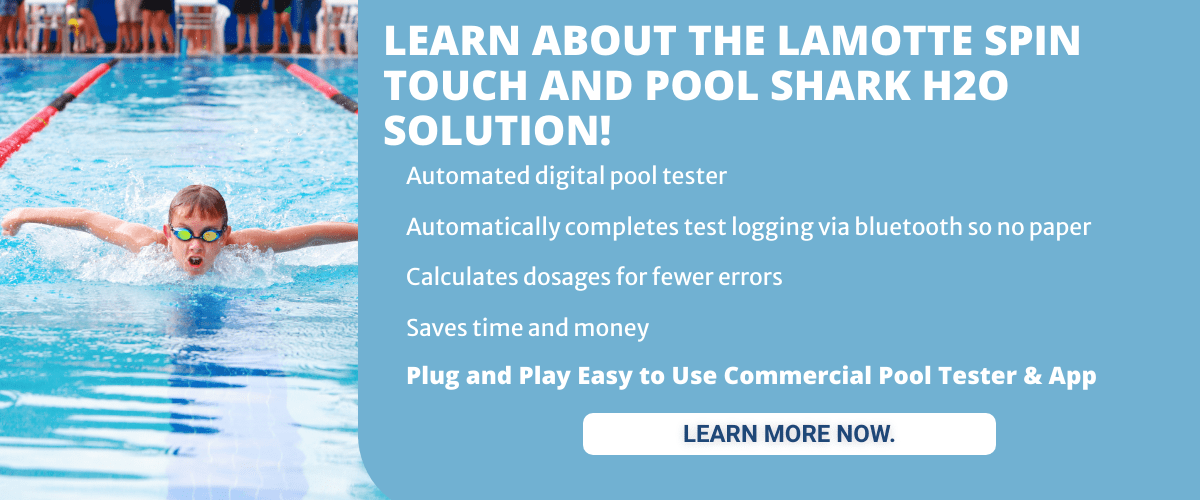We have a lot to worry about when it comes to taking care of our swimming pools. We have to net out debris, brush, vacuum, and test, test, test the water, and add the necessary chemicals to balance the water. These are under normal conditions. What if something abnormal happens? We have to be prepared to properly deal with it so that no one gets sick in our bodies of water. Here are some abnormal occurrences and what to do about them.
Solid Poop in a Swimming Pool
If someone has an accident and poops in your pool, you have to take the necessary steps to deal with it. First, direct everyone to leave the pool for all types of AFRs (Accidental Fecal Release). If you have several bodies of water on the same circulation system, you’ll need to close all the pools temporarily. They need to remain closed until the necessary steps are taken. First, manually remove the fecal matter with a net, trying not to break it apart. You have less of a chance of RWIs spreading if you are able to keep it solid. Dispose of the material using sanitary facilities. Vacuuming is NOT recommended, however, if you perform vacuuming, make sure you are vacuuming to waste and not through the filter.
Clean and disinfect the scoop used to pull out the poo. Place the scoop, net, and any vacuum hose used into the pool for treatment. If your pool uses CYA (Cyanuric Acid), dichlor and trichlor may require higher free chlorine levels. Next, raise the free chlorine level to 2 ppm and check your pH to ensure it is 7.5 or less so the chlorine is most efficient. We also ideally want a temperature of 77 degrees Fahrenheit or higher. You are gonna want to maintain a free chlorine level of 2.0 ppm for at least 25 minutes before opening the pool. Since local and State codes may vary on this requirement, check them out. While treating, ensure the filtration system is operating properly during our disinfection process. Since you probably already have your free chlorine above a 2.0 ppm, you are really only worried about the other stuff. Once completed, you may reopen the bodies of water.
Diarrheal Discharge (Runny Poop) In a Swimming Pool
This is even more gross and requires more work and time. First, get everyone out of the swimming pool. Then, with a pH of 7.5 or less and a water temperature of 77 degrees or higher, raise the chlorine level to 20 ppm. This usually means you need to shock the pool with chlorine shock. No Non-Chlorine Shock this time!! This is because it needs to stay at 20 ppm for 12.75 hours. Put on disposable gloves. Then remove the fecal matter by using a net or bucket. Dispose of the fecal matter in a sanitary way.
Make sure to sanitize anything you used. You have to use a chlorine-based disinfectant, even if you usually use bromine. By waiting almost 13 hours with the chlorine at 20 ppm you can kill 99.9% of Cypto. Keep the filtration going through the entire process. After the disinfectant is complete, replace the cartridge or backwash the filter directly to waste. Don’t allow bathers back in until chlorine is back to 5 ppm or under normal levels.
Did you know the Pool Shark H2O app has step-by-step instructions on what to do in an AFR? And it will log it for you as per State requirements. It does this all digitally, so there is no need for old-fashioned paper log books.
Vomit and Blood in a Swimming Pool
These should be handled like you would a solid stool encounter. Again, it’s gross, but it happens.
Dead Animals in a Swimming Pool
Very sad and very gross. Believe it or not, finding a dead animal in the pool does not require you to close it. As long as you have a chlorine level of 1 ppm or above, just remove the dead critter and sanitize the net. Now if an animal is dead in your plumbing line or left ignored in your skimmer, you put your pool at risk of getting white water mold. White water mold is fairly uncommon and looks like little bits of toilet paper floating around your pool.
So, we have covered some of the abnormal events that may occur in the pools you operate. Don’t forget to log your test results in your Pool Shark H2O App to keep a digital record.
More Commercial Pool Chemistry Resources
Free, vs Combined vs Total Chlorine - A Guide for Commercial or Public Pool Operators
Chlorine Shock vs Non-Chlorine Swimming Pool Shock
Why Being Able to Calculate the Volume of a Commercial or Public Swimming Pool is Important
Cyanuric Acid Levels in Swimming Pools
Ideal Alkalinity in Commercial Pools
Managing pH and Alkalinity in Pools
Commercial Pool Chlorine Management
Cyanuric Acid in Your Pool Too High? How to Remove Cyanuric Acid (Lower Pool Stabilizer)
Lowering Alkalinity in Swimming Pools
Reasons Your Public or Commercial Pool Water Could Be Cloudy
Muriatic Acid in Swimming Pools
How to Lower pH in Pools, Water Parks and Water Features
Total Dissolved Solids: When Should I Drain My Pool?
Why Pool Chemical Storage Cabinets are Important for Commercial Pools
Storing Pool Chemicals: What Commercial Pool Operators Need to Know




